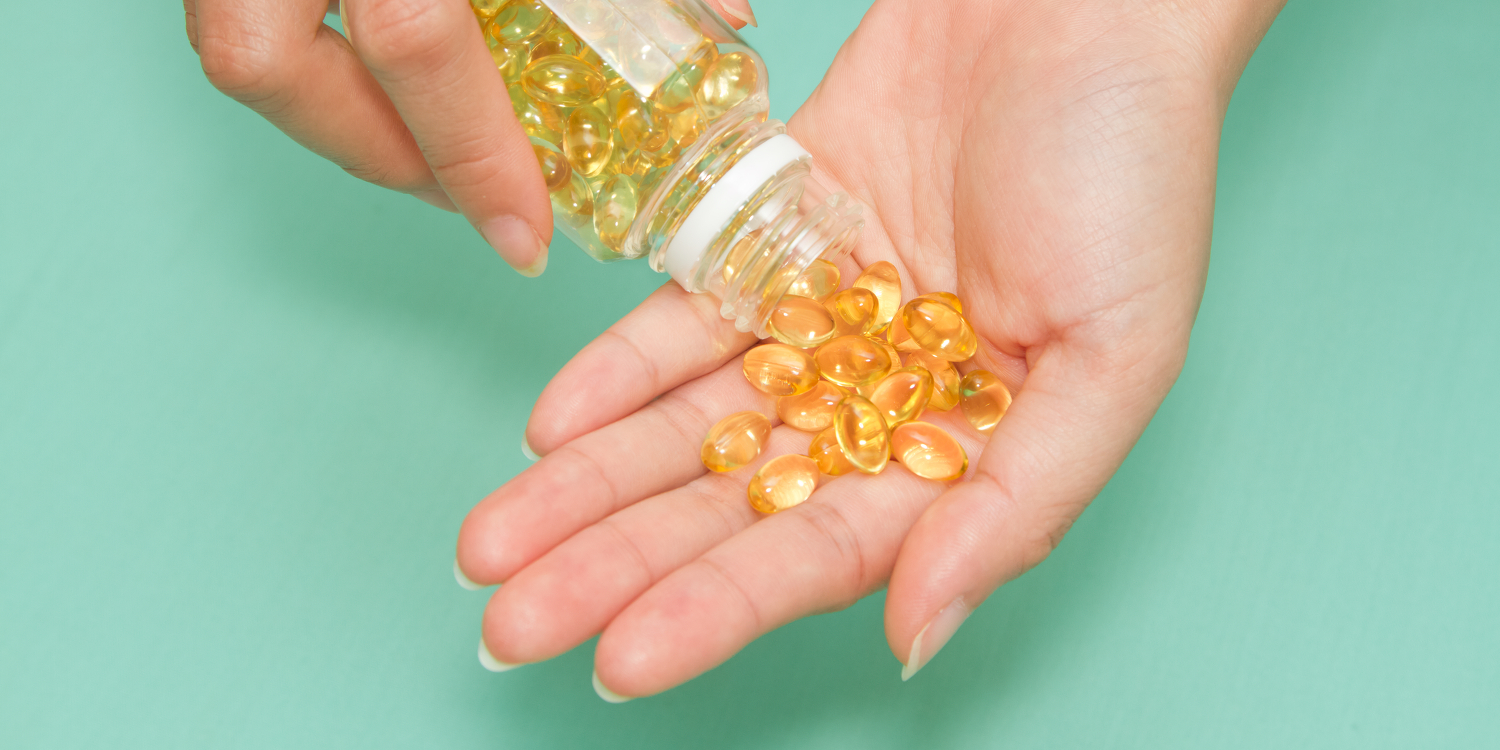The demands placed on a woman’s body during pregnancy and birth far exceed what most women will ever experience during any other time in their lives. While pregnancy itself is not considered a medical condition under normal circumstances, some pregnancy-related conditions may indeed require medical supervision and even intervention. Nutritional choices made prior to and during gestation will have far-reaching consequences which affect not only mother’s health, but baby’s as well.
Avoid Risks
Often overlooked is the truth that some of the most common and frequently occurring pregnancy complications can be avoided by simple dietary modifications. Just as a strong and beautiful tree growing in ideal conditions will produce the healthiest fruits, a woman whose nutritional needs are met completely during pregnancy will significantly lessen the potential for complications and interventions throughout the gestational and delivery process.
The importance of proper nutrition during this time cannot be overstated. Unfortunately, most of the attention given to a pregnant woman’s diet and nutrition centers merely around weight gain and postpartum weight loss, but the conversation could and should be so much more.
Level Up
Sufficient omega-3 levels in the diet and the body during pregnancy have vast evidence in the scientific literature supporting healthy blood pressure ranges, healthy weight gain, achieving a full-term gestational period, and even supporting a healthy mood post-partum.
Essential omega-3s, particularly DHA, are critical for ensuring proper fetal development, particularly neurological wellbeing. Most people tend to be highly deficient in these beneficial fats throughout their lifetime, even without the added demands of pregnancy.
Women in particular tend to selectively accumulate and store omega-3 fats in their gluteo-femoral tissue across their lives; during pregnancy and lactation, these are mobilized and delivered via placenta or breast milk to the fetus or nursling. It is worth noting that countries with the highest fish consumption, such as Japan and Norway, also experience some of the lowest rates of post-partum depression.
Studies Support Supplements
In fact, there is so much scientific evidence supporting the need for high omega-3 levels before, during, and after pregnancy, that the U.S. Food and Drug Administration and Environmental Protection Agency recently drafted a recommendation suggesting women increase fish intake during pregnancy, countering long-held warnings against fish consumption for pregnant women due to concerns about mercury. Even with high fish intake, however, it’s difficult to achieve large enough levels of omega-3 from sources like salmon and sardines. For this reason, many women have better success supplementing with high-quality fish oils to meet their essential omega-3 needs.
Nordic Naturals Prenatal DHA is the official omega-3 of the American Pregnancy Association, providing 450 mg DHA per serving, which generously fulfills international recommendations for daily DHA intake for pregnant women. It also contains 400 I.U. of natural vitamin D3 for added mood support. This supplement is appropriate to take before and during pregnancy, and throughout breastfeeding.
Everyone can agree that a healthy baby and healthy mama are the ultimate objective of pregnancy and childbirth. Key to this is making the best nutritional choices possible and finding a prenatal care provider who can provide expertise on these matters. Remember: “You are what you eat” doesn’t apply to just you when you’re eating for two. With every food choice you make, you have the power to contribute to the health of you and your baby and to give your little one the best start in life possible. What could be better than that?



